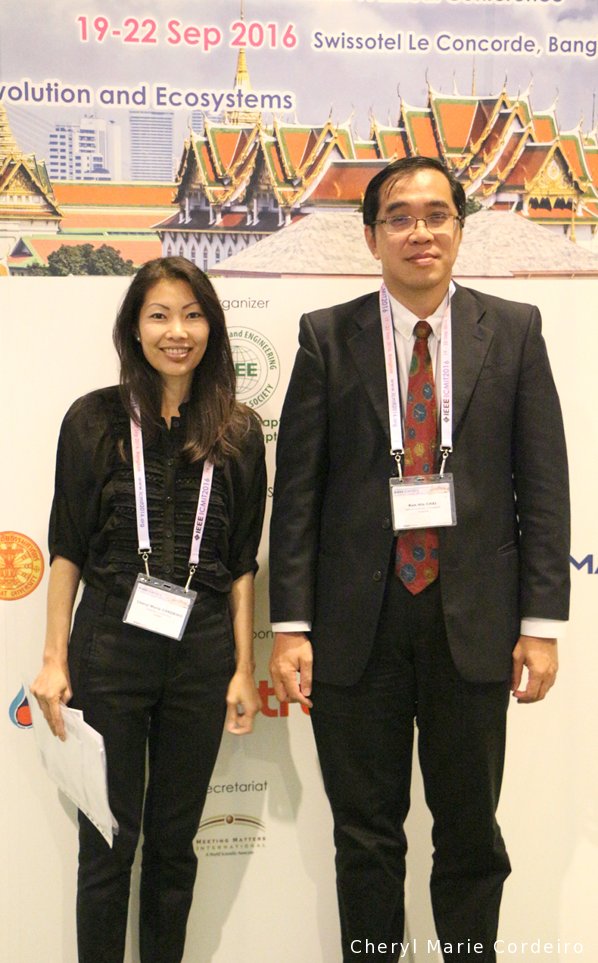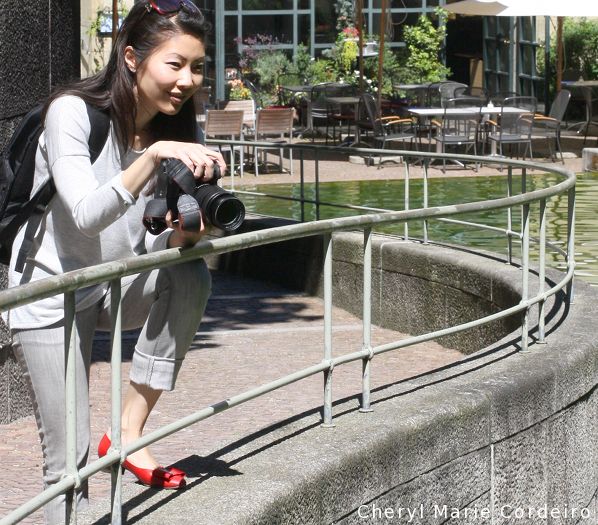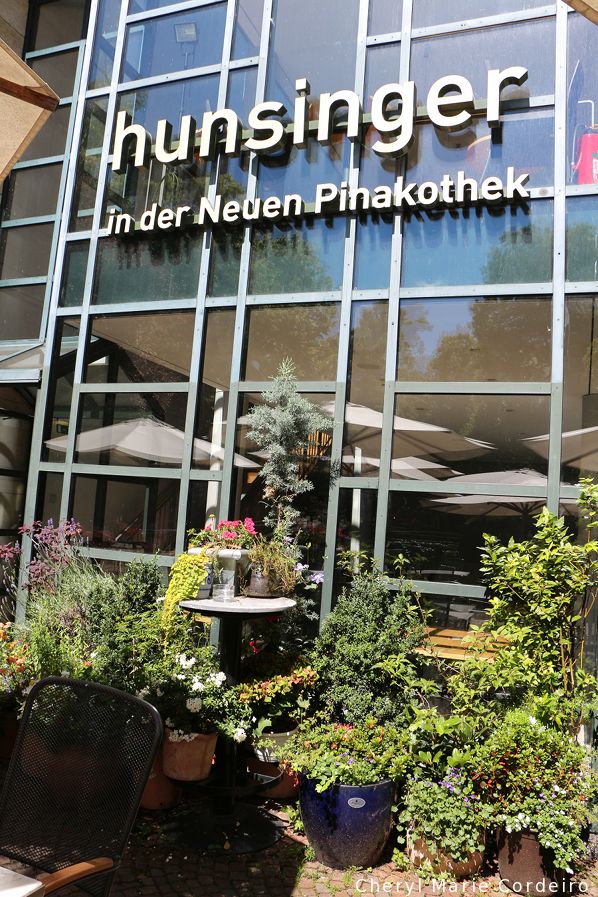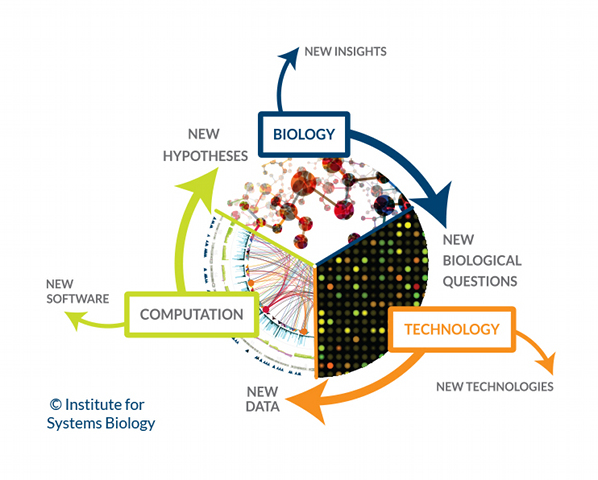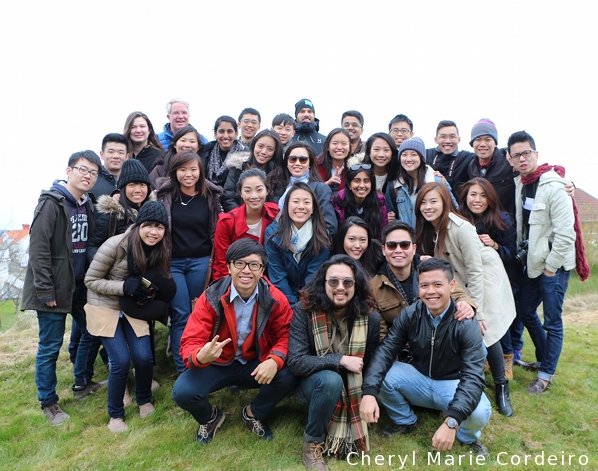The Singapore Management University (SMU) Business Study Mission (BSM) Scandinavia 2017 group visits the Swedish west coast.
The group is led by Tom Estad, Associate Dean Undergraduate Student Matters, and Academic Director, SMU.
Text & Photo © JE Nilsson, CM Cordeiro, J Hagman, Sweden 2017
One my own personal highlights of spring is to meet with students of the Singapore Management University (SMU) Business Study Mission (BSM) Scandinavia. Led by Tom Estad, Associate Dean for Student Matters and Academic Director at SMU, the programme is dynamic in its approach towards teaching and student learning. A core philosophy of SMU is to increase efforts towards interdisciplinary programmes, outside of classroom experiences for students and helping individuals cultivate lifelong learning skills. In hosting the Straits Times (ST) Education Forum 2017 and discussing the future scenario of work, SMU, as an institution of higher education, is explicit in its efforts of striving to be an ecosphere where individuals can ”learn how to learn” [1]. Continue reading ”Singapore Management University BSM Scandinavia 2017 visit to the Swedish west coast”


